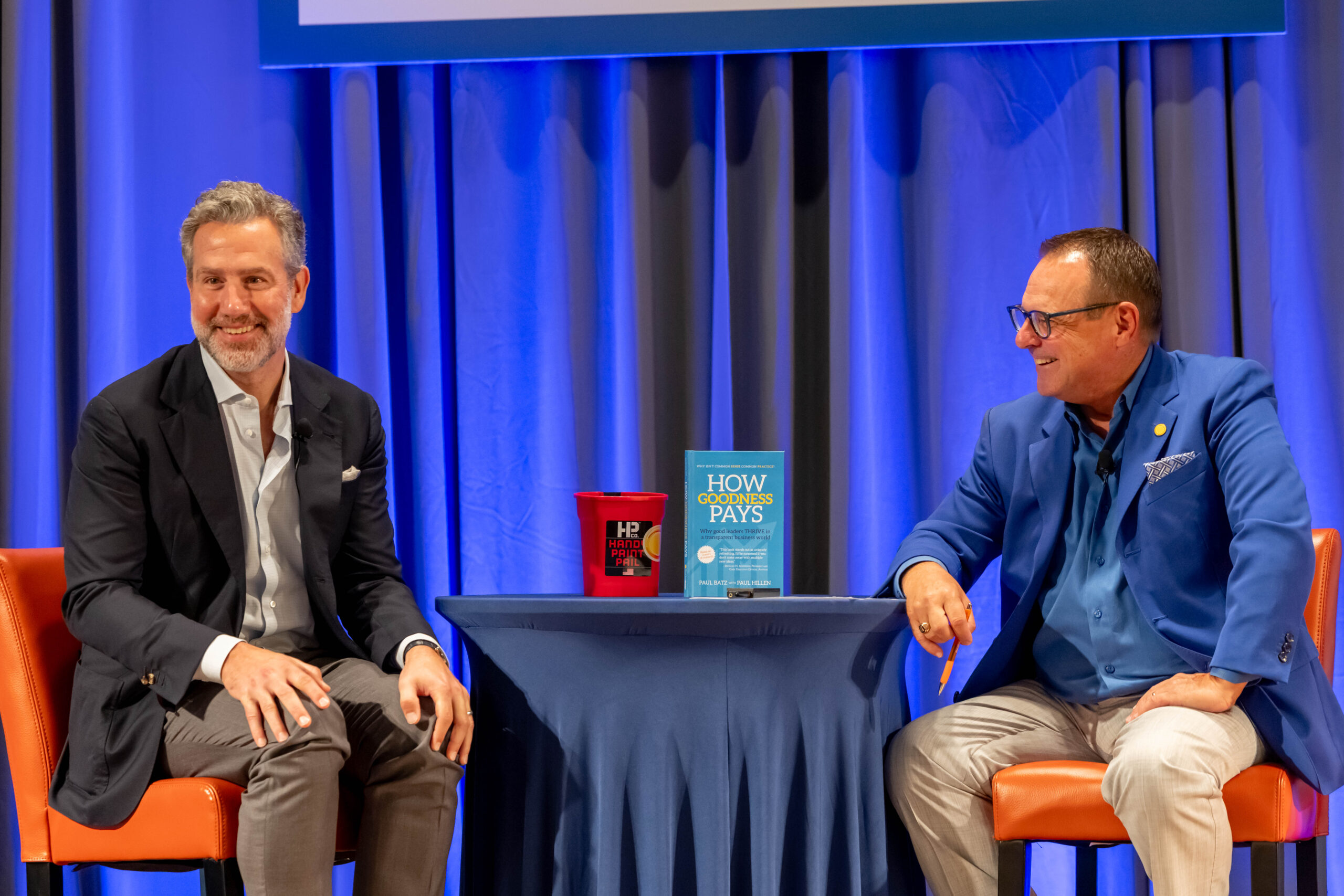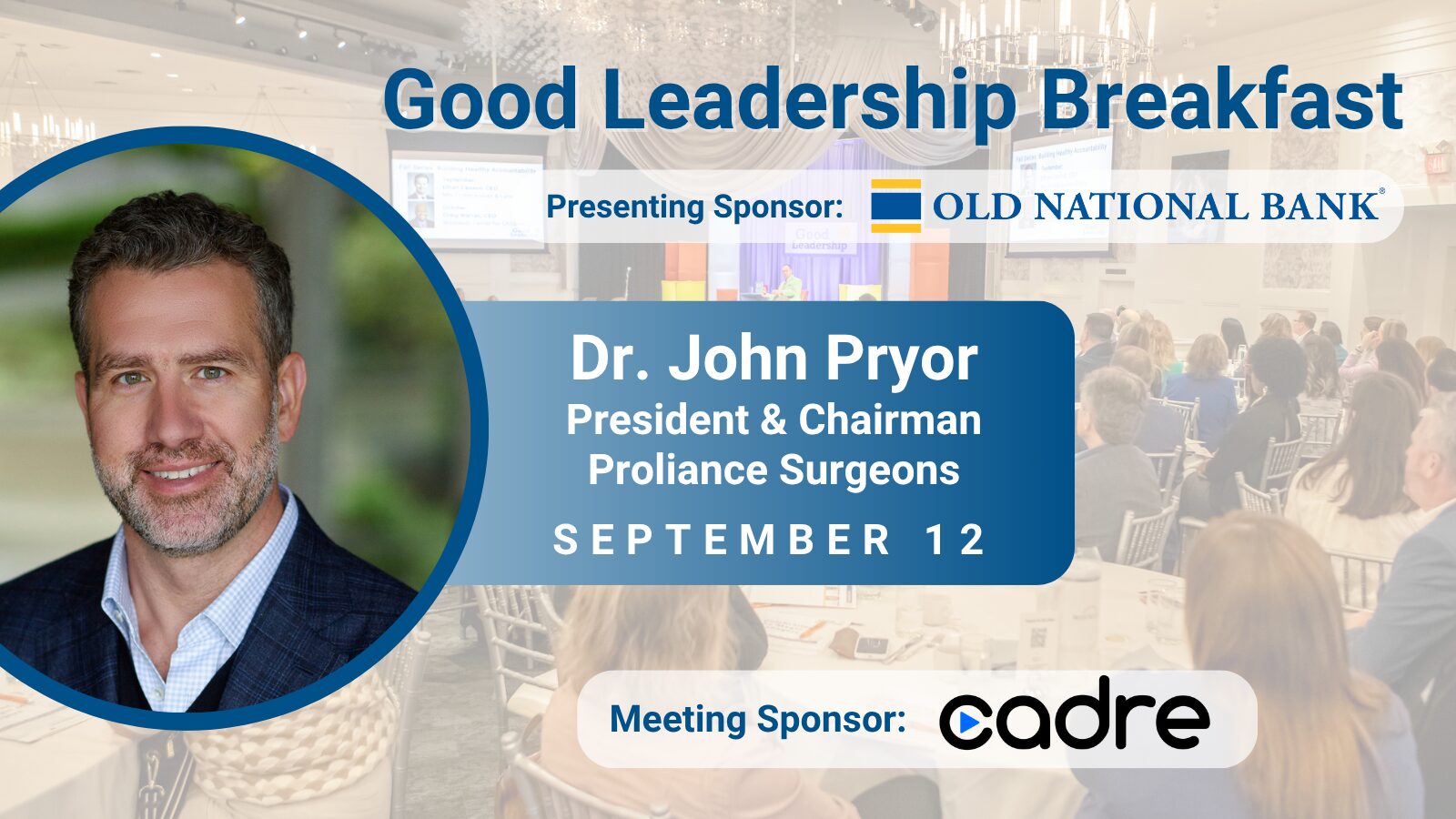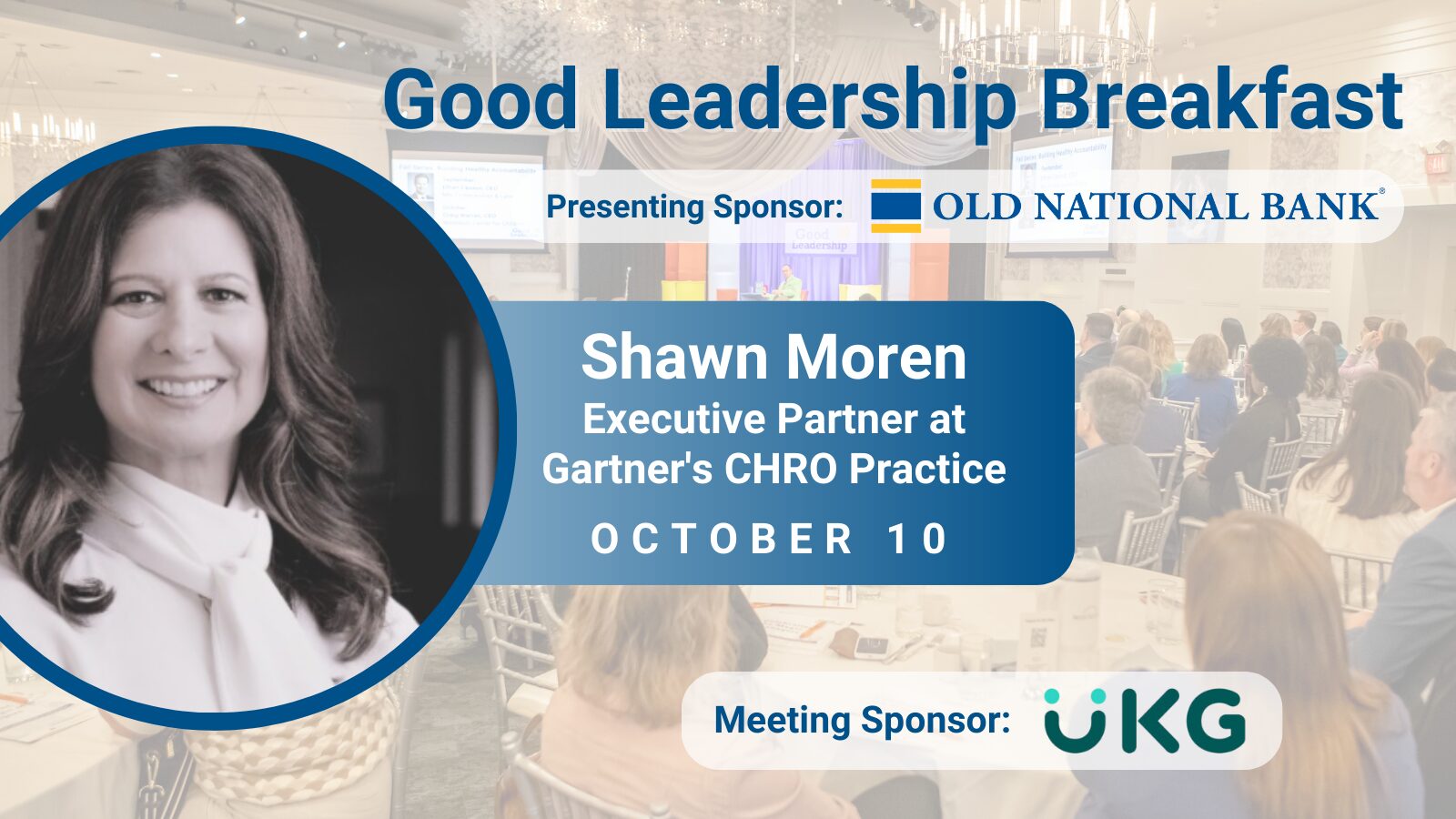

Proactive vs. Reactive Accountability with Old National Bank
Paul Batz
Most organizations are finding workstyle flexibility and accountability can be competing concepts. In what ways does that describe your workplace? That’s what the Accountability Research Project is striving to accomplish – to find ways of eliminating that tension by creating a culture of healthy accountability.
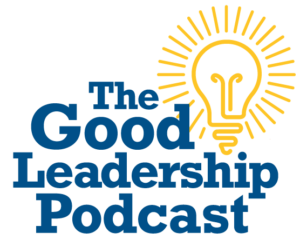
Recently, I had the joy of interviewing Charles Thompson, Global Talent Director at Old National Bank on the Good Leadership Podcast about this topic. Charles is a member of the Accountability Research Project steering team, and has been the last of four podcast interviews. You can listen to that episode here.
Old National Bank is a $53 billion asset bank headquartered in Evansville, Indiana. The bank, now in the top 30 banks in the U.S., has come a long way from its humble beginnings 130 years ago.
Proactive vs. Reactive Accountability
There’s both a proactive and a reactive way of managing accountability. Proactive accountability involves setting clear expectations and checking in regularly, reducing anxiety and sharing successes. In contrast, reactive accountability often occurs when something has gone wrong and can feed into the narrative that accountability is a punitive concept. But – being reactive doesn’t need to be used as a form of punishment.
Charles and I discussed a time he saw a healthy reactive response to accountability: “A situation happened just this week where a project wasn’t meeting expectations, and we gathered around the table and admitted the mistake; we owned it,” he stated. “Then we moved to solution planning. When people leave the room feeling like we’re moving in a positive direction, that’s when healthy accountability is thriving.”
The Role of Structure in the Flexible Workplace
Charles’ biggest learning being a part of the research project has been the value of structure in the flexible workplace. The proactive approach to accountability is more structured: setting clear expectations and checking in regularly.
Another important aspect of the structure is being intentional in making sure people know how they fit and why they matter on the team, and in the organization.
“One of my strengths is responsibility, and so accountability comes fairly easy to me,” Charles explained. “I’m committing to meeting people where they’re at, because they might need different things in order to feel accountable and own the work that they’re doing – in ways that are different than my approach.” It’s about pulling, not pushing, people along in the story to make them feel a part of something greater.
This conversation was the last podcast interview which included four steering team members of the Accountability Research Project. The qualitative part of the research is wrapping up, as the quantitative research phase is starting next week. More insights will be shared through this blog, as the Good Leadership Conference nears.
